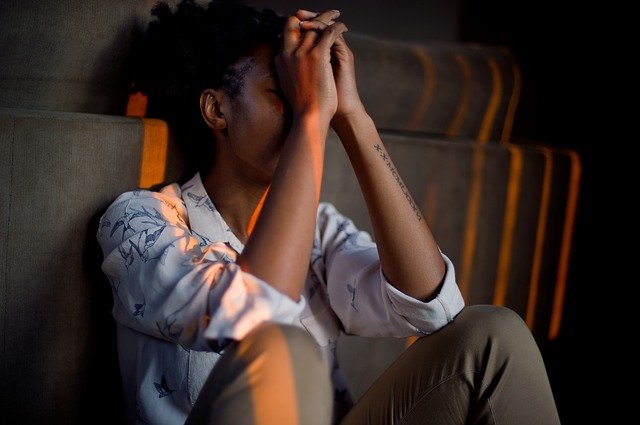“Suppressed grief suffocates, it rages within the breast, and is forced to multiply its strength.”
- Ovid (43 B.C. – 17/18 A.D.), Roman Poet
The COVID-19 pandemic will no doubt leave an indelible mark on everyone. A few will remember this as time they were granted to slow down, exercise more, reconnect with family members and friends, enjoy long lost hobbies, work on those “someday” projects or volunteer to serve others. Most, however, will recall the stress of losing a job and trying to make ends meet while navigating an endless loop to nowhere in the unemployment system or in securing a CARES loan, working overtime due to an increased workload and reduced staff, balancing parenting and working from home with the newfound task of teaching, or worse, witnessing the devastating effects of COVID-19 while treating patients on the front lines. And some, most unfortunately, will be torn over losing someone they cared about or loved without ever having had a proper chance to grieve.
Post-traumatic stress disorder (PTSD) is a mental health condition that’s triggered by a terrifying event — either experiencing it or witnessing it. Symptoms may include flashbacks, nightmares and severe anxiety, as well as uncontrollable thoughts about the event. (MayoClinic.org) People who experience a trauma often experience mood changes; they feel anxious, angry, hopeless about the future, detached from loved ones, and often feel “emotionally numb”. They have a hard time reconnecting to life as they knew it and finding joy. Insomnia is also common, as is difficulty concentrating. Some people engage in self-destructive behaviors like drinking too much (sound familiar?) while others pursue more drastic measures like suicide. PTSD typically appears within months of the qualifying event, but sometimes doesn’t manifest until much later.
PTSD sufferers work hard to avoid recalling or talking about the trigger event. They avoid people, places and activities that may bring them back to those unwanted memories. The body, however, internalizes the stress and our body’s knack for muscle memory does us a grave disservice in this case, as it holds the memory of these stressors, which can be triggered any time. Stress causes inflammation within the body, which lowers the immune response and can lead to more disease.
While we’d all like to believe that PTSD is reserved for soldiers of war, abuse victims or “weak people”, we are absolutely experiencing a collective mental health epidemic as a result of COVID-19. Almost no one will remain untouched. While it may not have an official medical name, I’m calling it post-COVID-19 traumatic stress disorder (PcTSD).
So, if a hallmark response to PTSD is to avoid the people, places and activities that bring back unwanted memories, will PcTSD change how we feel about our homes, our friends or our shelter-in-place habits? The answer will be different for everyone. (Read …)

